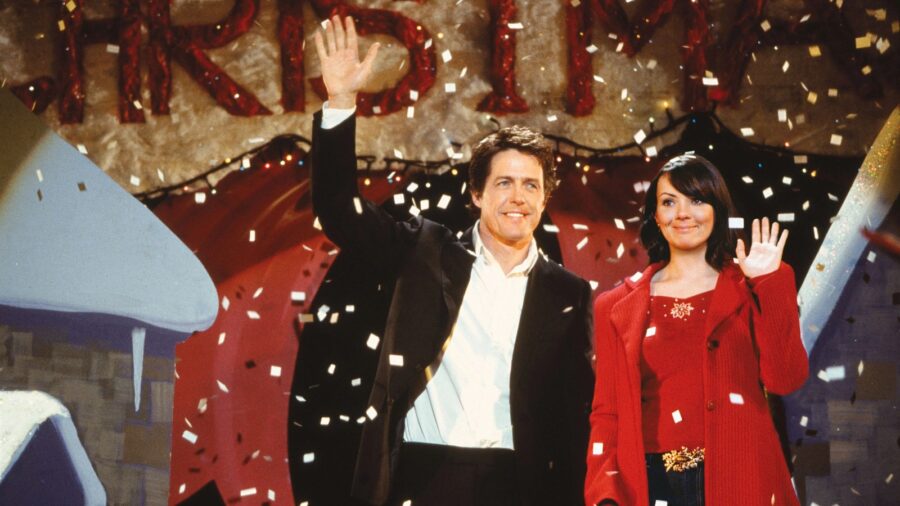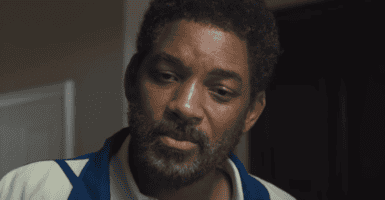Love Actually Director Thinks The Movie Is A Bit Stupid

As part of the upcoming special The Laughter and Secrets of Love Actually: 20 Years Later, the classic rom-com’s director expresses to Diane Sawyer how he thinks the film is a bit stupid. Reported by Entertainment Weekly, director Richard Curtis says that “the lack of diversity makes me feel uncomfortable and a bit stupid.” Going on, Curtis also feels bad about another running theme of the film, “there are sort of three plots that have sort of bosses and people who work for them.”
Love Actually was released in 2003 to middling reviews and turned only a small profit at the box office. 64% fresh on Rotten Tomatoes and with a composite score of 55% on MetaCritic, the film never had critical acclaim, but in the last 20 years, the Christmas romance has gone on to become a cult classic. Boosted by an all-star cast, that at the time was still star-studded, the 10 stories that make up the plot of the film are mostly carried by the charm and skill of individual performers.
The lack of diversity that bothers Richard Curtis today was glossed over by critics at the time, with most choosing to critique the unbalanced power dynamics on display between certain pairs of characters. One of the few black stars in the film, Chiwetel Ejiofor, the MCU’s Mordo, is even given a storyline where his white best friend, played by The Waling Dead star Andrew Lincoln, confesses his love Ejiofor’s wife. Other, predominantly white characters, get happy endings or drive their own plots.

As with recent discussion surrounding Friends, Curtis says that the majority white cast is a product of not only the times, but his own ignorance. In a post-Weinstein world, the multitude of workplace romances in Love Actually also turn heads when viewed through the lens of society in 2022. Even the, at the time, progressive storyline between two men, played by Bill Nighy and Gregor Fischer, involves a musician and his manager.
One of the signature stories, starring Hugh Grant as the Prime Minister of England and Martine McCutcheon as one of his staff, involved comparisons to the Clinton-Lewinsky affair even in 2003. In recent years, a major motion picture depicting a film with such a dramatic power imbalance would be tarred and feathered across social media. Love Actually, while trying to be upbeat and hopeful about love in all walks of life, is still a product of the old Hollywood system and fully embraces tropes that were already on life support when the film was released.
Richard Curtis agrees with critics now that Love Actually could have handled the central theme of love with a bit more care. Curtis is quoted as saying “there is so much love that goes on every minute in so many ways, all the way around the world, and makes me wish my film was better.” Regardless of how it fails to show the diversity of real life, Love Actually remains a Christmas classic and a touchstone of romantic comedies for generations.












